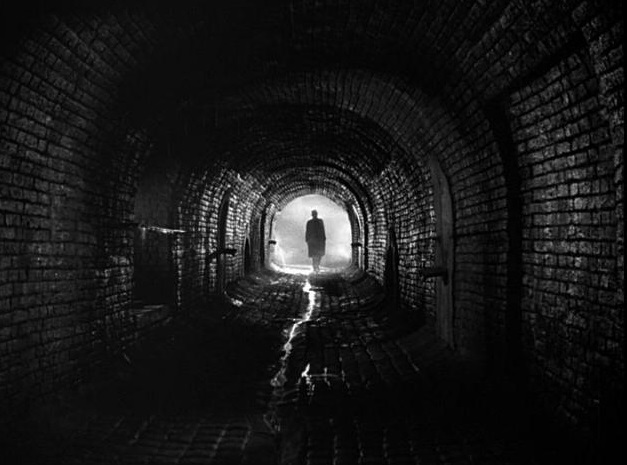
 |
| Photo © 1949 London Film Productions |
| Academy Award Nominations and Winners: | |
| Best Director: Carol Reed | |
| ★ | Best Cinematography (Black & White): Robert Krasker |
| Best Film Editing: Oswald Hafenrichter | |
| Other Awards: | |
| Cannes Film Festival: Grand Prize of the Festival (Best Picture) | |
| British Academy Awards (BAFTAs): Best British Film | |
| Permalink | Home | ABC | Blog |